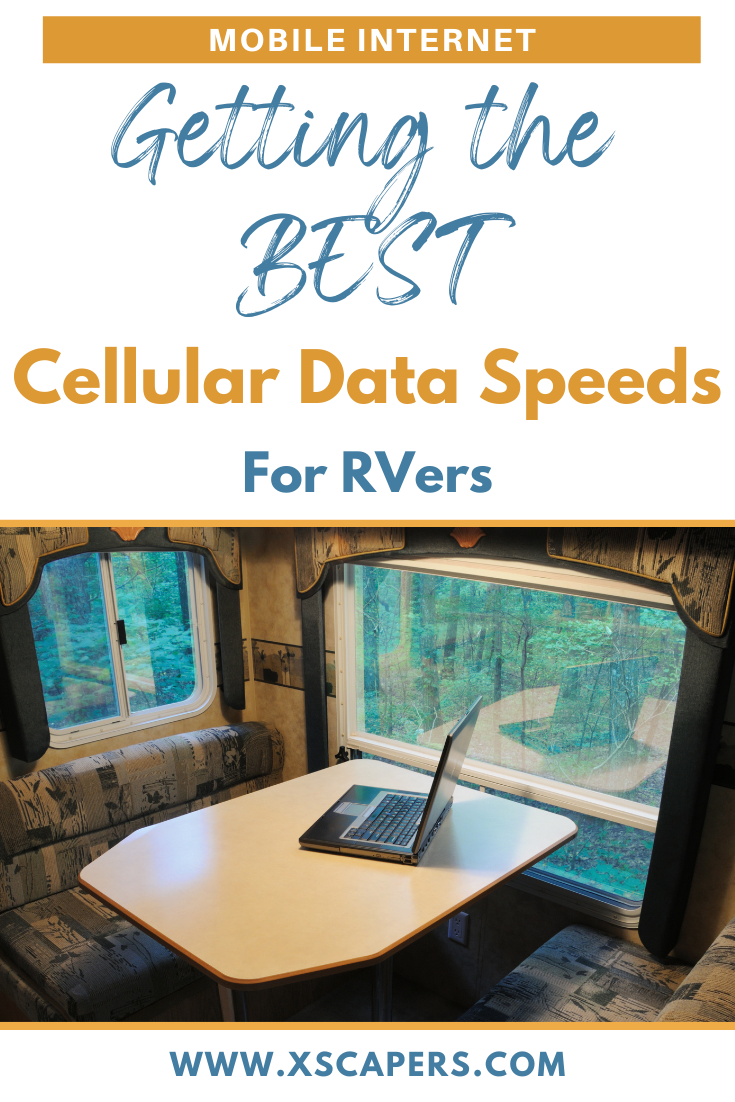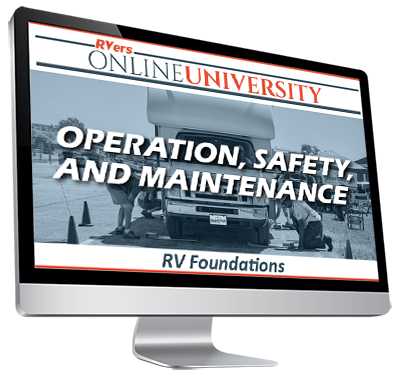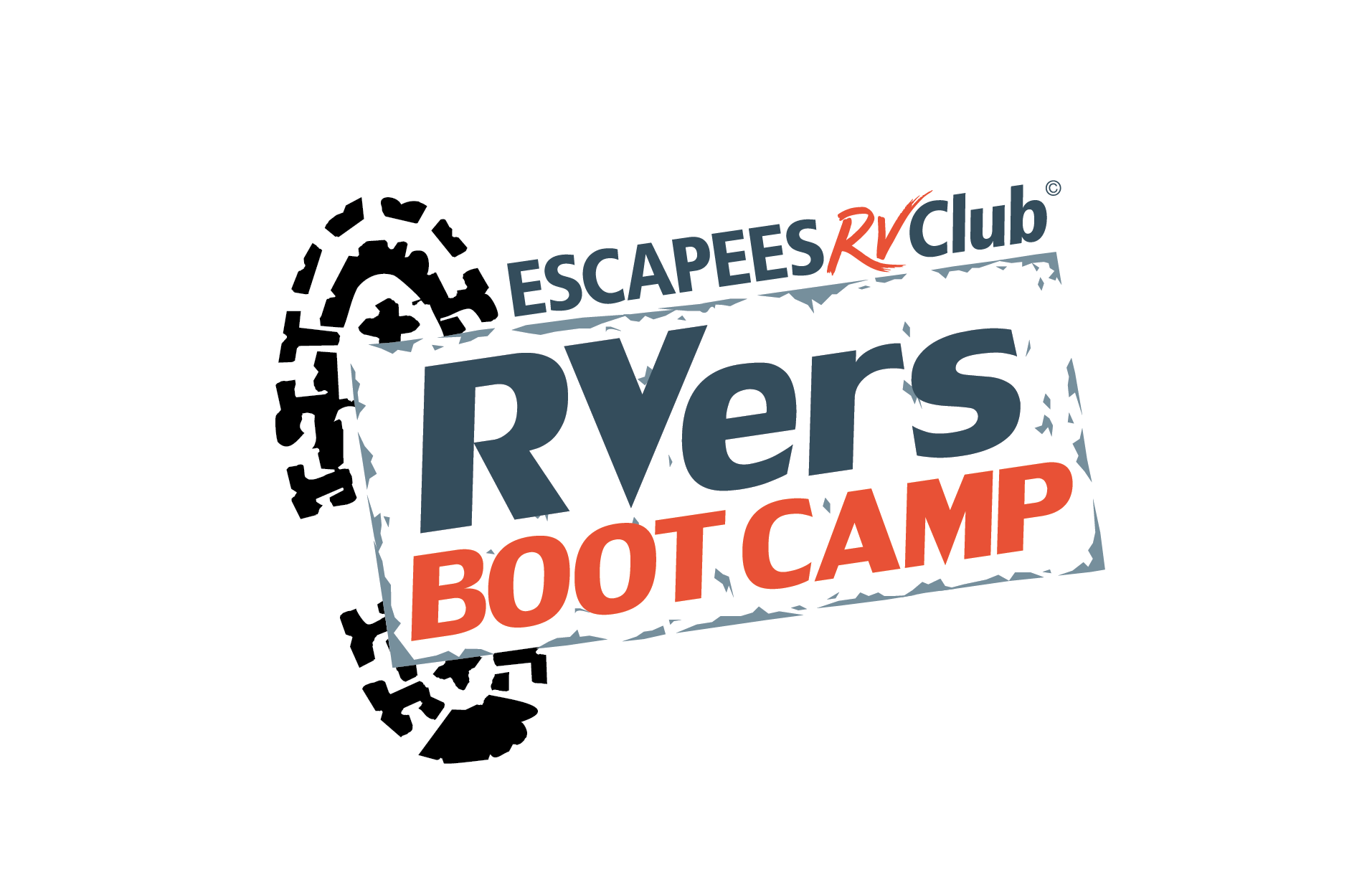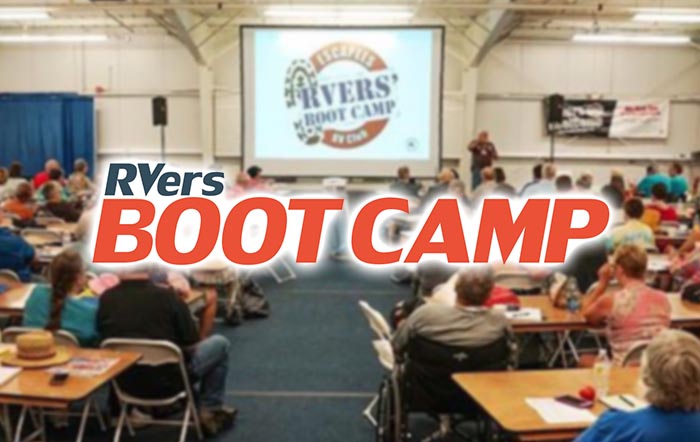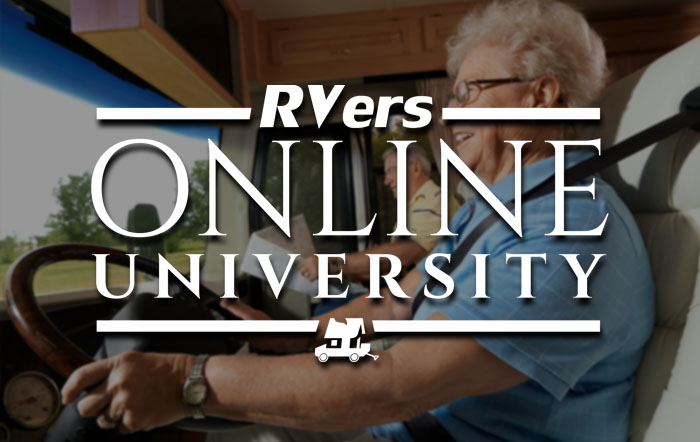As full-time RVers, staying connected while traveling usually means using cellular as your data connection on the go. Whether you’re working full-time, are an avid gamer, or just want to stream a lot of movies, you want the best performance available from cellular data for RVers.
Two very important factors that affect performance are speed and reliability. There’s much more to it than just looking at the number of bars on your cell phone.
Speed and Reliability
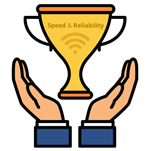 How much speed do you really need? Well, that really depends on what you want to do while you’re online.
How much speed do you really need? Well, that really depends on what you want to do while you’re online.
If you just want to check email occasionally, you can get by with a slower connection. But if you want to watch movies, video conference, or play games – you’re going to need a much faster connection. If you can get blazing fast speeds, you can do almost anything. But you can often get by with much less.
As a general rule of thumb, a good speed benchmark to aim for is 10-15 Mbps down, and 3-5 Mbps up. If you can get speeds in this range, you should be able to do most things online with few problems. But faster is always better, particularly if you are dealing with 4K video or very large files! 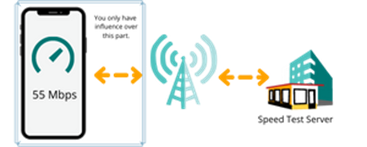
You can test your speeds rather easily using sites like speedtest.net or fast.com. For additional guidance on testing your speeds, see the guide on Testing & Understanding Your Mobile Internet Speeds & Performance at the Mobile Internet Resource Center.
Another important factor in evaluating data performance is reliability. In other words, how stable is the connection while you’re using it?
There are certain things to look for that will help you determine how reliable your connection is. Does your connection drop off for seemingly no reason? Do your uploads stall? Do pages not load correctly, or take a long time to load? If any of these things are happening, then your connection may not be very reliable.
While you can check your speeds relatively quickly, testing reliability is something you have to evaluate over time.
Factors that Affect Cellular Data Performance
There are several different things that can impact speed and reliability, and therefore your data performance. Some of these factors can be overcome with some adjustments to your situation or setup, but other factors are harder to overcome.
Physical Distance
One of the most important factors is the physical distance between you and the tower. Wireless frequencies drop off over distance, and not all frequencies are equal.
Lower frequency signals, like those in the 600-800Mhz range, travel much further than higher frequency signals. Low band signals can easily go 10-20 miles and still deliver usable performance. Higher band signals, on the other hand, will only transmit a few miles. And the blazing fast 5G mmWave signals might only go a few hundred feet! 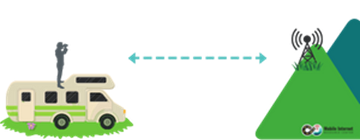
If physical distance is an issue, sometimes you can improve the signal by just physically moving closer to the tower. This might mean moving your whole RV to a different spot or campground, or just going into town with your laptop for the day. But that might not always make logistical sense.
Other things you can do to combat distance are to use a higher gain antenna or a cellular booster. Both of these things will amplify the signal from the tower, therefore giving you a stronger signal in your location.
Line of Sight
If you can actually see the tower, odds are the tower can see you, hear you, and communicate with you. But physical things in between you and the tower – such as a ridge, trees, buildings, even other RVs – will have an impact on performance.
And to complicate things even further, sometimes towers are configured to only broadcast their signal a certain distance, even if they’re capable of broadcasting further. As an example, if you’re 20.1 miles from a tower but the tower is only configured to broadcast its signal 20 miles, the tower will simply ignore you. 
The best way to overcome a physical obstruction or limitation is just to change the physical location of your equipment. This might mean repositioning your whole RV, or just moving your mobile internet equipment to a better position.
If you’re inside your RV, metal walls can block signals very effectively. But a signal can travel slightly better through fiberglass or a window. So moving your cellular devices closer to a window might help. Getting external antennas or even the modem itself outside and up higher on the roof can also make a huge difference.
Signal Interference
Signal interference can often impact or slow down performance. Interference can be caused by storms, solar flares, other towers or carriers trying to use the same bands at the same time. Even a badly tuned microwave that’s leaking radiation can create signal interference.
Unfortunately, there’s often not a lot you can do about interference, other than just move away from the source of the interference if possible.
Equipment
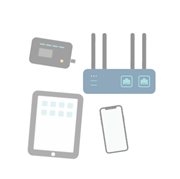 Hotspots, routers, tablets, and smartphones all have modems inside that take the cellular signal and convert it to data. The modem has specs that impact how fast it can transmit data and how many bands it can connect to.
Hotspots, routers, tablets, and smartphones all have modems inside that take the cellular signal and convert it to data. The modem has specs that impact how fast it can transmit data and how many bands it can connect to.
Older modems can connect to fewer frequency bands and do less with them. More advanced modems can connect more bands, and are even able to combine bands together, to give you better performance.
If you have an older device, you might be stuck in the slow lane. It’s often worthwhile to upgrade equipment every couple of years to keep up with technology, therefore ensuring your equipment isn’t the thing slowing you down.
Data Plans & Network Congestion
Your data plan itself can impact data performance, particularly due to the terms of your plan around throttling and priority data.
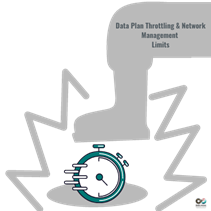 Throttling is when a carrier slows data speeds down, and the terms around throttling are usually very clearly specified in your plan’s description. Throttling might apply when you’ve used up an allotted amount of high speed data, or it might apply only to certain activities, like using hotspot data or the resolution for watching videos. It doesn’t matter how much network congestion there is, your data speeds are capped.
Throttling is when a carrier slows data speeds down, and the terms around throttling are usually very clearly specified in your plan’s description. Throttling might apply when you’ve used up an allotted amount of high speed data, or it might apply only to certain activities, like using hotspot data or the resolution for watching videos. It doesn’t matter how much network congestion there is, your data speeds are capped.
The only way to overcome this is by carefully selecting plans that meet your specific needs.
The priority of the data you’re using is another consideration. Prepaid data, for example, is usually lower priority than postpaid data. And if your plan is subject to network management, your data may become lower priority once you’ve hit your network management cap.
If you’re on a congested tower in a location with a seasonal influx of RVers, such as Florida or Quartzsite in the winter, those towers can get really congested. Speeds on the towers go down because everyone there is using data and there’s not enough capacity to go around. Lower priority data will see the most impact, but generally, everyone is experiencing slower speeds.
In order to get around this, you can try going somewhere not as congested, or perhaps try using a different provider, or a plan with higher data priority. If you have a router and you’re comfortable using some of the more high-end capabilities, you can try advanced features like band locking or bonding.
Or maybe host a huge happy hour for your Xscapers neighbors to get everyone offline, while you sneak in that high bandwidth task?
The best way to handle situations that affect your data performance is to have a good understanding of what those factors are, and how to overcome them if possible. For more information on Cellular Data Performance and things you can do to improve performance, see the guide on Optimizing & Understanding Cellular Data Performance at the Mobile Internet Resource Center (mobileinternetinfo.com).

Author
Jen Nealy | SKP# 143746
Jen Nealy and her husband Deas were full-time RVers for 5 years and are now part-time vanlifers based in Asheville NC. Jen works for the Mobile Internet Resource Center.
Did you like this post? Pin it on Pinterest!
